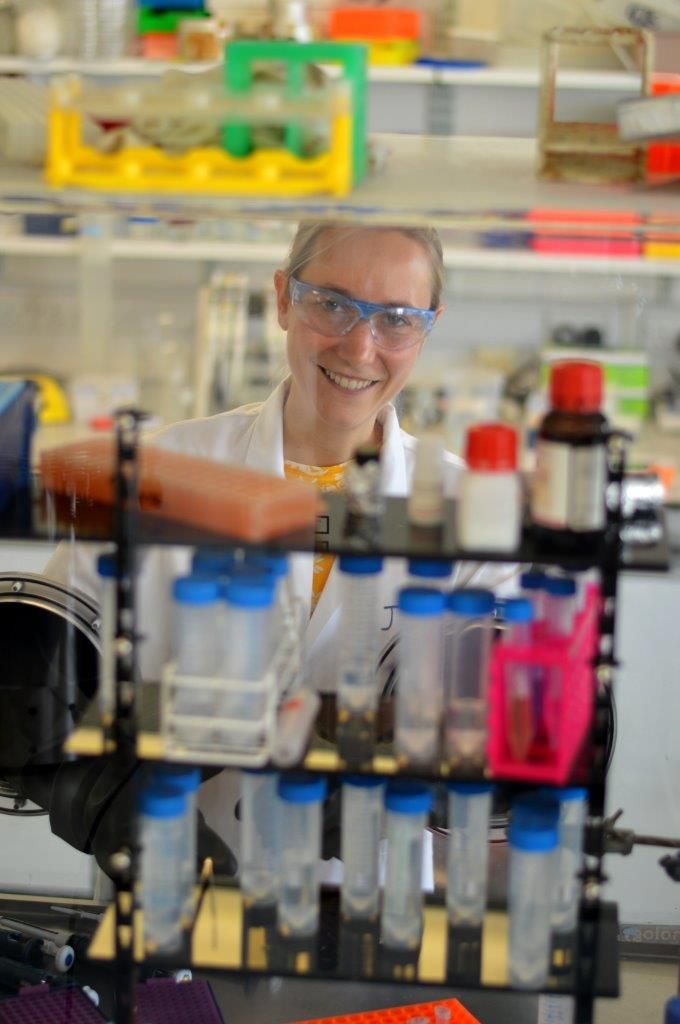
Could this be the future of vegan supplements?

New findings could improve the biomanufacturing of B12, a crucial vitamin that is missing from vegan diets and one which remains prohibitively expensive.
Vitamin B12 is an essential micronutrient which plays a role in supporting red blood cell production, energy, metabolism and nerve function, however it is neither made, nor required by plants.
With a record 560,000 people signing up to Veganuary 2021, this important nutrient is in demand and the global transition to low-meat diets means that biomanufacturing will need to increase.
However, due to its complex molecular structure, it is currently not feasible to mass-produce via conventional chemical synthesis.
Instead, it is the only vitamin which is produced exclusively by bioproduction (culturing bacteria that naturally produce B12). This process remains inefficient and it continues to be expensive for many people who need it – particularly in developing nations.
New research, by Dr Tessa Young, of the Department of Biosciences, Durham University, UK, published in Nature Communications, looked into ways of understanding and improving the biosynthesis of B12 by studying how enzymes obtain essential metals.
With cobalt a crucial metal in the B12 production process, Dr Young and the Durham team worked closely with Professor Martin Warren of the University of Kent and the Quadram Institute in Norwich, whose research group engineered E. Coli strains (which don’t normally make B12) to synthesise the vitamin.
During vitamin B12 biomanufacturing, the vital element, cobalt, is supplied by a metal delivery enzyme. However, ensuring that this enzyme is supplying enough of the right metal, and not becoming clogged-up with the wrong one, remains an obstacle when producing B¬12 on a large scale.
To overcome the cobalt bottleneck, Dr Young and the Durham team created a ‘metalation calculator’ to understand and optimise cobalt supply for B12 to support the manufacture of this essential vitamin.
Dr Young said:
“By understanding the mechanism that distributes vital metals, it has become possible to produce a calculator which industrial biotechnologists can use to optimise their manufacturing reactions.
“The calculator has been tested in the production of vitamin B12 and we hope to see it adopted by biotechnology manufacturers to help foster a more sustainable future.”
Senior author Professor Nigel Robinson, in the Department of Biosciences, Durham University, said: “About a half of life’s reactions are catalysed by metals including iron, copper, zinc, magnesium, manganese, nickel and cobalt.“This paper describes the underlying mechanism that distributes these metals to the reaction centres inside living cells. Industrial Biotechnology manufactures compounds that society needs sustainably, by replacing processes that use fossil fuels with yeast, bacteria or the cells of other organisms as the alternative factories.”
The ability of the ‘metalation calculator’ to determine the metal requirements for producing B12 on a large scale shows great promise, not only for the manufacturing of this supplement but also in wider sustainable manufacturing processes using biotechnology.
The Durham University research was funded by The Royal Commission for the Exhibition of 1851 and the BBSRC.
New funding from the BBSRC, awarded this month, will allow the calculator to be tested widely and to be developed into easy-to-use computer applications.
For information about the BBSRC-funded network assisting the exploitation of metals-in-biology discoveries in industrial biotechnology, click here.
By Durham University
544 Views
Recent Posts
- Explore the Impact of Verifying Carbon Capture Technologies
- ITS wins Supplier of the Year at the ISPE UK Affiliate Annual Awards
- Cembre MG4 | The Newest Thermal Printer for Identification & Labelling | Available From Thorne & Derrick
- Share your expertise at ICPVT15: International Conference on Pressure Vessel Technology
- Minimising GWR Probe Build Up with the Magnetrol Eclipse 706
Back to News >



